Responsible Online Commerce Coalition Takes On Amazon To Ensure Fair Play In Ecommerce
Three experienced antitrust advocates have teamed up to create the Responsible Online Commerce Coalition, a trade association dedicated to ensuring fair play in online commerce.

The Responsible Online Commerce Coalition (ROCC) is a trade association for businesses that rely on Amazon and other large online commerce platforms to reach their customers. Founded in March 2023 by leading U.S. and European antitrust experts, ROCC is working to ensure fair play for all businesses that operate in online commerce—from the very smallest third-party sellers to the world’s largest household brands.
ROCC’s central aim is to ensure a level playing field where businesses that offer the best products can prosper because consumers can easily find and buy their genuine products for the best price. Our members appreciate the important role that Amazon and other online marketplaces play in the modern economy and want consumers and businesses to enjoy the substantial benefits that flow from free and fair online commerce now and well into the future.
We will promote key principles relating to the fair and non-discriminatory treatment of businesses that rely on online commerce to reach their customers. These principles include competitive pricing for seller commissions and fees, brand integrity (including protection from counterfeit products), the freedom to offer discounts and lower prices across different sales channels, the ability to choose rather than be forced to use a given platform’s services, access to and control over proprietary and competitively sensitive data, and the provision of objective search results.
Our focus is primarily on the U.S., the European Union, and the UK, but these issues are global in scope. We will work constructively with policymakers, legislators, competition authorities and courts. Our objective is to make balanced and evidence-based proposals that will help educate all stakeholders and improve the quality of debate at a time when multiple jurisdictions are working to establish the rules of the road for digital markets.
While their mission seems broad, it appears they are at least initially focused exclusively on Amazon.
That may make sense given the size and scope of Amazon's business and influence in the ecommerce world, but I believe it may be a real missed opportunity as many of the issues the coalition has raised also impact sellers on eBay, Etsy, Facebook, and more.
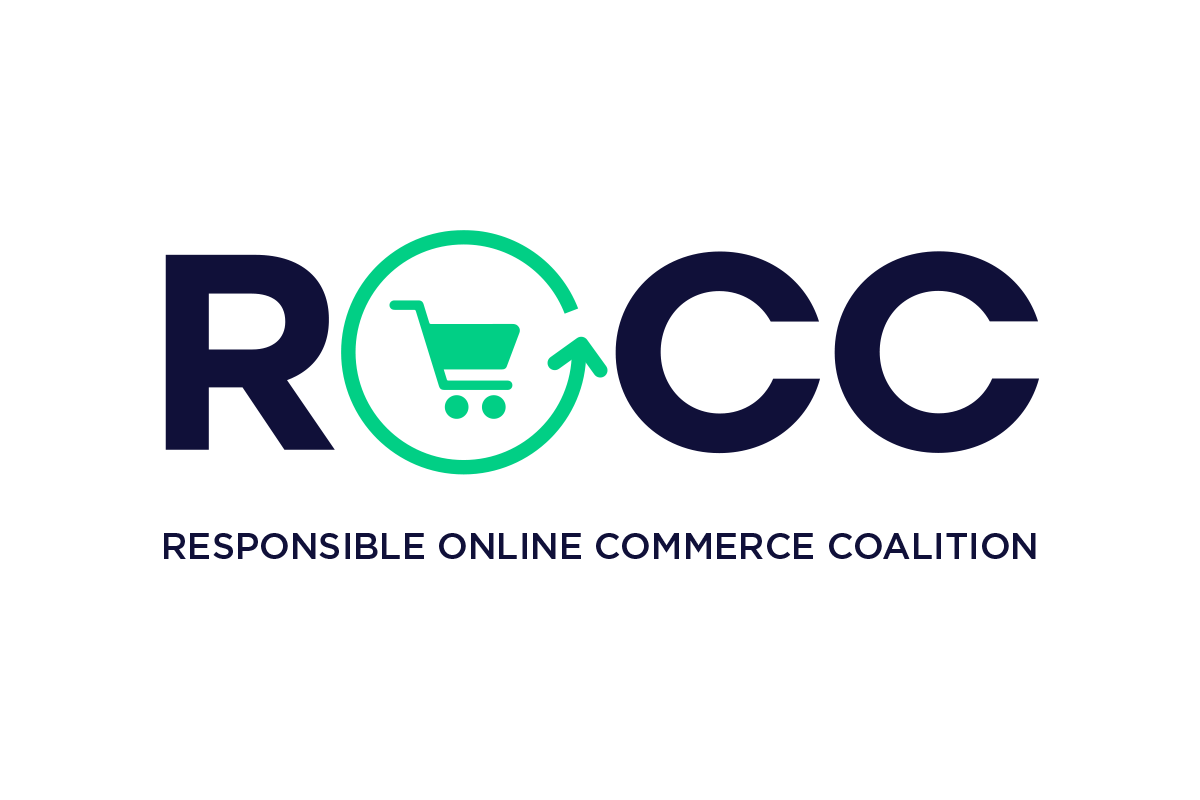
ROCC will pursue a level playing field by promoting the following key principles
- Equal Access to Platform: Every business should have access on reasonable, fair, and non-discriminatory terms to the major multi-brand e-commerce platforms. Furthermore, every business should be free from being coerced into any particular type of business relationship with a platform. For example, a brand should be able to freely choose between acting as a wholesaler or third-party seller (or both) on platforms that offer both options.
- Fair Dispute Resolution: Platforms should not bully or punish business customers arbitrarily and without due process for conduct that may be perceived as a breach of the platforms’ explicit or de facto policies. Platforms should provide transparency and a clear, impartial, and timely method of resolving disputes.
- Competitive Fees and Commissions: Business customers often have no choice but to accept the terms that a dominant e-commerce platform such as Amazon dictates. No business customer should be required to pay unfair, unreasonable, or discriminatory fees or revenue shares to a platform.
- Equal Access to Data: When businesses lack useful data about how their business performs on a platform, including data related to their sales or advertising, this interferes with their ability to satisfy consumer preferences and compete effectively with other brands or sellers, including the platform. As such, business customers should have timely access to the same data and technical information about their activities on the platform as the platform owner.
- Ability to Communicate Freely with Customers: In some cases, e-commerce platforms disintermediate businesses from their customers in a way that is not justified by the need to protect user data or security. Business customers should be permitted to communicate and conclude contracts directly with their consumers without interference from the platform, and should also be given the means to do so.
- No Self-Preferencing: When platforms are vertically integrated and compete against their own customers in a downstream market, they should be prohibited from giving their own downstream offering an unfair advantage. For example, Amazon’s use of a business customer’s data to benefit Amazon’s own private label or retail business, when that business user is an actual or potential competitor, is an unfair commercial practice...Furthermore, platforms should not be allowed to give their own products an unfair advantage over competing business users’ products when it comes to product search, results listings, promotions, recommendations, or other aspects of the platform’s user interface.
- Prevention of Fake and Counterfeit Products: Because the contravention of intellectual property rights stifles innovation, and harms both businesses and consumers, platforms should remove products that contravene brands’ intellectual property or otherwise mislead consumers in a timely manner. They should provide a clear and transparent process through which intellectual property owners can protect their rights. In this regard, businesses that are not currently present on the platform should be treated equally to those who are. In addition, a platform should not weaponize its ability to loosen or tighten the flow of counterfeits on its platform as a stick to punish business customers who do not bend to its will.
- No Tying of Products or Services: In addition to the core platform service, business customers are often effectively required to purchase various other services from the platform, including services related to advertising and marketing, supply chain and logistics, printing, account management, and data analytics. This is the case although business customers often do not want to, and would not, buy these additional services absent the platform’s tying. Platforms should not tie services that could be offered independently, nor should they effectively force brands to purchase additional services from the platform with carrots (that do not result directly from verifiable cost savings) or sticks.
- Freedom to Set Prices and Offer Discounts: Platforms should not prevent or disincentivize business customers from selling their products for a lower price or at a discount elsewhere. For example, Amazon’s most-favored nation (MFN) clauses currently restrict third-party sellers from offering lower prices for the same products sold through other channels – including the sellers’ own websites. In doing so, Amazon effectively sets the minimum price at which a seller can sell a product anywhere at a higher rate, as the price on Amazon includes the platform’s high commissions and other fees. The clauses, therefore, artificially increase the prices available through other channels. Dominant platforms like Amazon should not impose these or similar MFN clauses, whether as an explicit or de facto condition of selling on the platform.
- No Unfair Methods of Competition: Dominant online platforms often engage in unfair methods of competition including, but also in addition to those identified in our other principles. Such conduct includes predatory pricing and monopoly leveraging. For example, Amazon’s abuse of its monopoly power in online commerce to gain leverage to force businesses to accept take-it-or-leave-it contract terms or gain leverage in adjacent or unrelated markets is an unfair commercial practice. Online commerce platforms should be stopped from engaging in unfair methods of competition to ensure a level playing field for all businesses that participate in online commerce.
- Freedom from Retaliation: E-commerce platforms should not retaliate against any business customer that raises concerns with any law enforcement authority, law-making body, or policy-making body about actual or potential violations of the law, or any business customer that brings an action to enforce the law. Furthermore, platforms should not retaliate against any business customer for raising or expressing concerns on a public or non-public basis about unfair business conduct or practices, including any abuses of dominance or market power.
- Pro-Competitive Global Trade Policy: International trade agreements should promote competition in digital markets rather than protect or expand the monopoly power of any dominant online platform. Consistent with this, international trade agreements should not include provisions that would undermine efforts by individual countries or groups of countries to put in place policies that would prevent dominant online platforms from abusing their monopoly power to the detriment of businesses that rely on the platform, as well as consumers and competitors.
Amazon continues to face significant scrutiny from regulators and consumer protection groups, and rightly so.
A recent European Commission investigation forced Amazon to make changes to its Buy Box feature and Prime programs in Europe to address some of the same concerns put forward by the ROCC, but those concessions are limited only to the EU at this time.

I believe to truly address these important issues, business groups would be well served to look at them holistically within the broader ecommerce industry, not just as they apply to one marketplace - even if that one marketplace is the 800 lb gorilla in the room.
Fair Dispute Resolution - There are far too many examples for me to list here, but I think it's safe to say if you polled sellers on many of the major marketplace platforms, they would say dispute resolution typically overwhelmingly favors buyers at the expense of sellers and is nowhere near fair.
Competitive Fees and Commissions - while it's difficult to say what "unfair, unreasonable, or discriminatory fees or revenue shares" would be for each platform, it is not difficult to say when fee increases come around, most sellers believe they "have no choice but to accept the terms that the e-commerce platform dictates."
eBay just recently increased seller fees while also introducing new policies to ratchet up ad revenue take rate - for example raising the minimum ad rate to 2%, applying ad rates and commission fees on total sale including shipping and sales tax amounts that are not paid to the seller, and most recently a huge money grab that arbitrarily changes ad attribution to benefit eBay at significant cost to sellers.
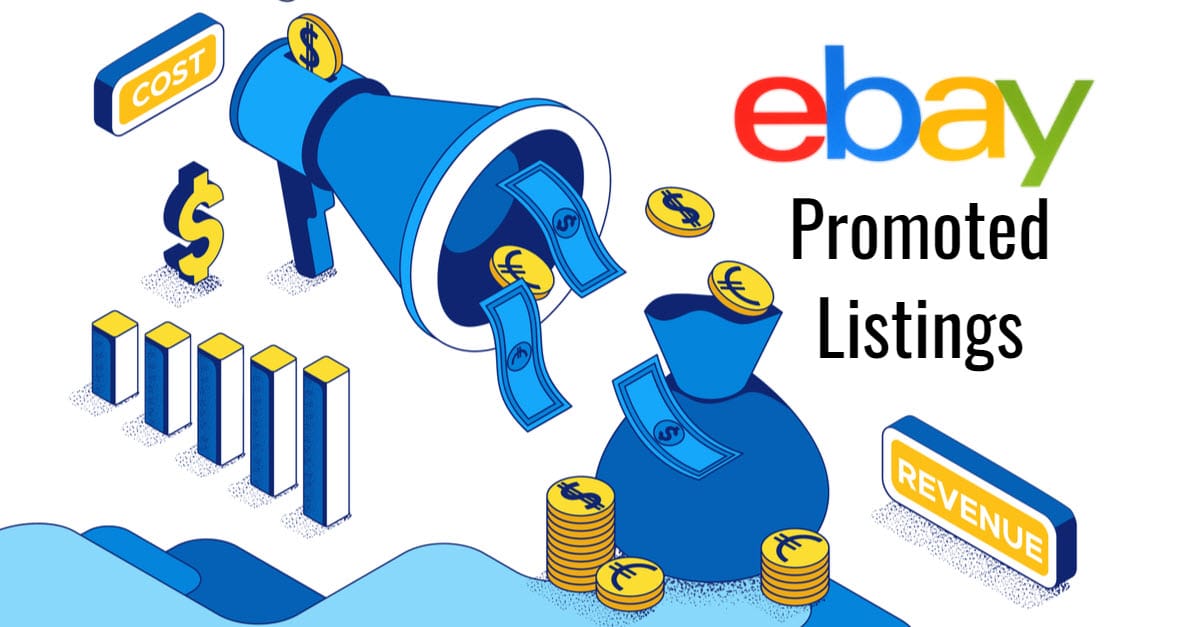
Last year, a group of Etsy sellers went on strike to protest what they believed was an unfair fee increase, as well as other issues that fit ROCC's stated mission, including a mandatory off-site ads program and problems with copyright infringement and counterfeits.

Prevention of Fake and Counterfeit Products: in addition to the issues raised by the seller strike, Etsy has come under increased fire lately over counterfeit and IP-infringing products on the site.
The Cashmere and Camel Hair Manufacturers Institute (CCMI) recently filed a lawsuit against Etsy involving fake cashmere goods sold by third parties through the marketplace.
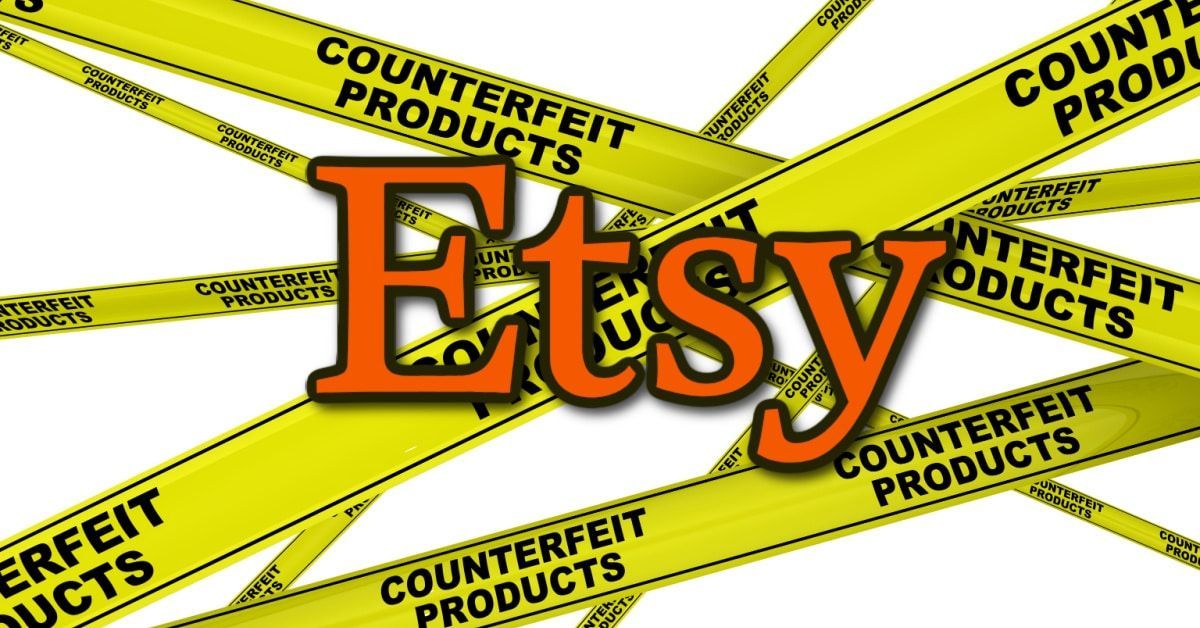
And Citron Research released a scathing report calling Etsy the "largest organized clearing house for counterfeit goods in the world."
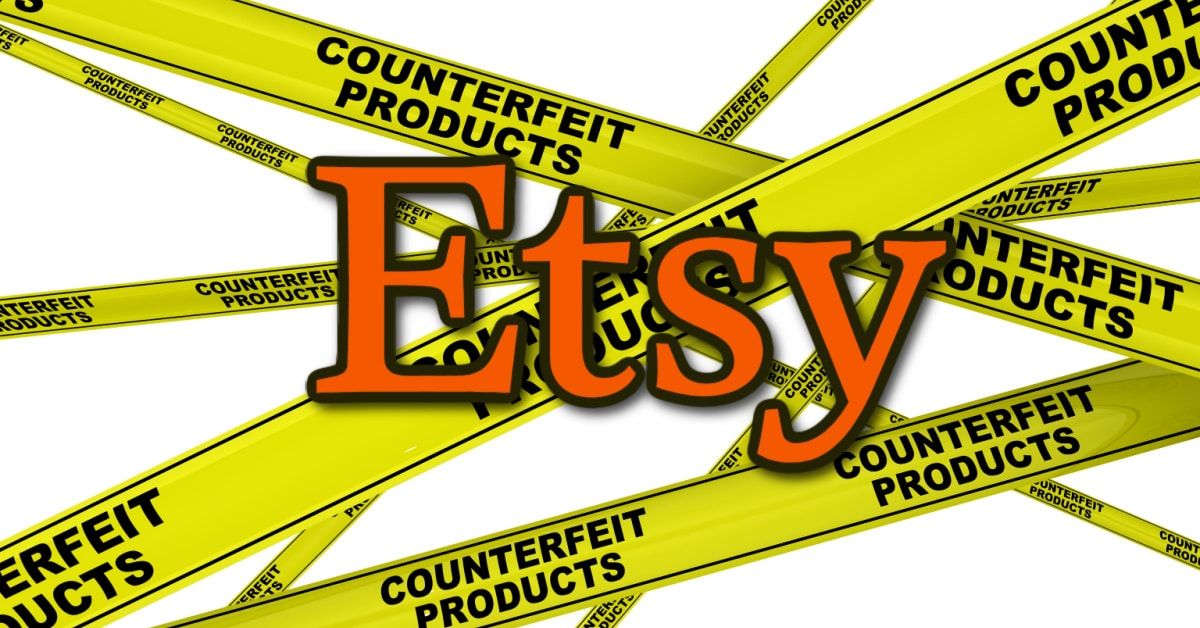
eBay is also home to fakes, fraud, and stolen goods - if the ROCC thinks this is exclusively an Amazon problem, I'd suggest they spend some time reading The Counterfeit Report for a reality check.

In fact, in one recent case that grabbed headlines, Etsy acted quickly to shut down the account of a Florida business that Disney was suing for copyright infringement, but eBay has not taken action and instead allowed the business to continue selling on their platform.

Ability to Communicate Freely with Customers: while many marketplaces act to anonymize communications or take steps to keep communications through the site to prevent off-site sales, eBay takes it a step further with their sneaker authentication program by blocking all communication between buyers and sellers through on-site messaging at the point of sale.
Per eBay's FAQ on authentication:
Why can’t I message the buyer after I sell my shoes?
Messaging capability is turned off at the point of purchase, at which time your buyer will receive all tracking information and notifications through the eBay platform.

Unfair Competition and Self-Preferencing: eBay really likes to say "we don't compete with our sellers" and at a very basic surface level that may be true (at least they don't directly compete in the same way that Amazon does).
However, that doesn't mean they are really a completely neutral party. eBay absolutely does do many things geared toward helping some sellers compete against others on the platform and significantly financially benefits from doing so.
In 2014, then president of eBay Marketplaces (later CEO) Devin Wenig went all in on selling eBay user's search data to Chinese manufacturers to help ramp up "vintage" reproductions to compete with popular authentic items on the platform.

"We send [manufacturers] data about what people are looking for on eBay and they respond and turn it around incredibly quickly," president of eBay Marketplaces Devin Wenig told me. "We have a really big China export business to Europe and the United States. And they respond very, very quickly to consumer taste, whatever it might be. It's really remarkable to see how quickly the manufacturing base adapts to the demand signals they get."
In other words, that red wool-blend Cross Colours hat on eBay might not be the relic from 1989 it appears to be, but instead a newly manufactured replica. (It is, of course, against eBay's policy to sell counterfeit items.) Yes, there's a huge and thriving "new vintage" manufacturing sector built around—and tailored to— your online searches.
eBay Promoted Listings, started under Wenig's term as CEO and significantly expanding under current CEO Jamie Iannone and VP Ads Alex Kazim's leadership, increasingly tips the scales in favor of sales that pay eBay an additional percentage as ad revenue
Just a few examples:
Stuffing over 100 competitor ads on every listing:

Using dark pattern design that may confuse buyers and trick them into clicking ads for competing stores instead of being taken to the store belonging to the seller whose listing they are viewing.
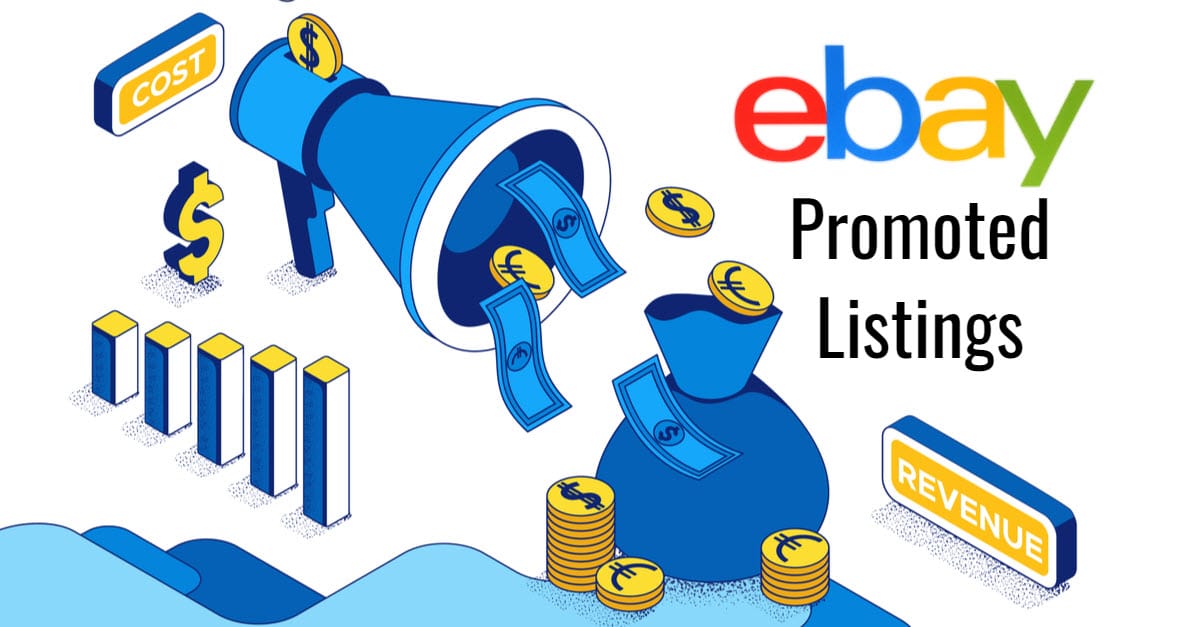
And pushing ads into buyer saved favorites/watch lists, again with more dark pattern design that increases the likelihood sellers will be charged more ad fees.

Apparently even ChatGPT finds eBay's ad practices to be contradiction to their "we don't complete with sellers" statements. 😉
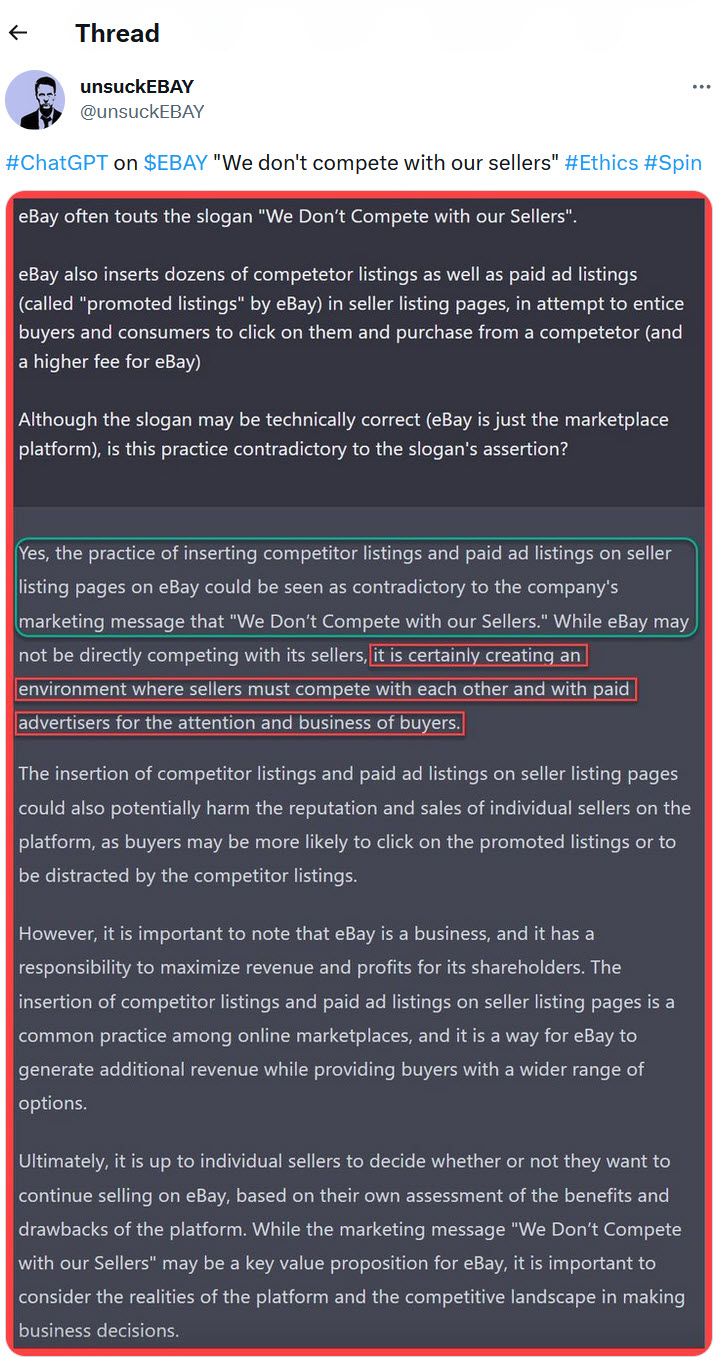
eBay also "partners" with certain sellers or companies to bring exclusive items to the platform and often bends policies and even flouts FTC guidelines and regulations for those preferred partners - again while eBay is not competing directly, they are financially benefiting from these arrangements.
For example they partnered with collectible card game Metazoo to create an exclusive eBay-branded booster pack - that was then sold as a 60 day presale in violation of eBay's stated presale policies and the FTC 30 Day Mailing rule.

And predictibly when these hot presale items sell out, eBay is flooded with listings trying to resell them at insane 4-5x+ prices, which also violates eBay's price gouging policies but they look the other way because they are also making commission on all those sales too.
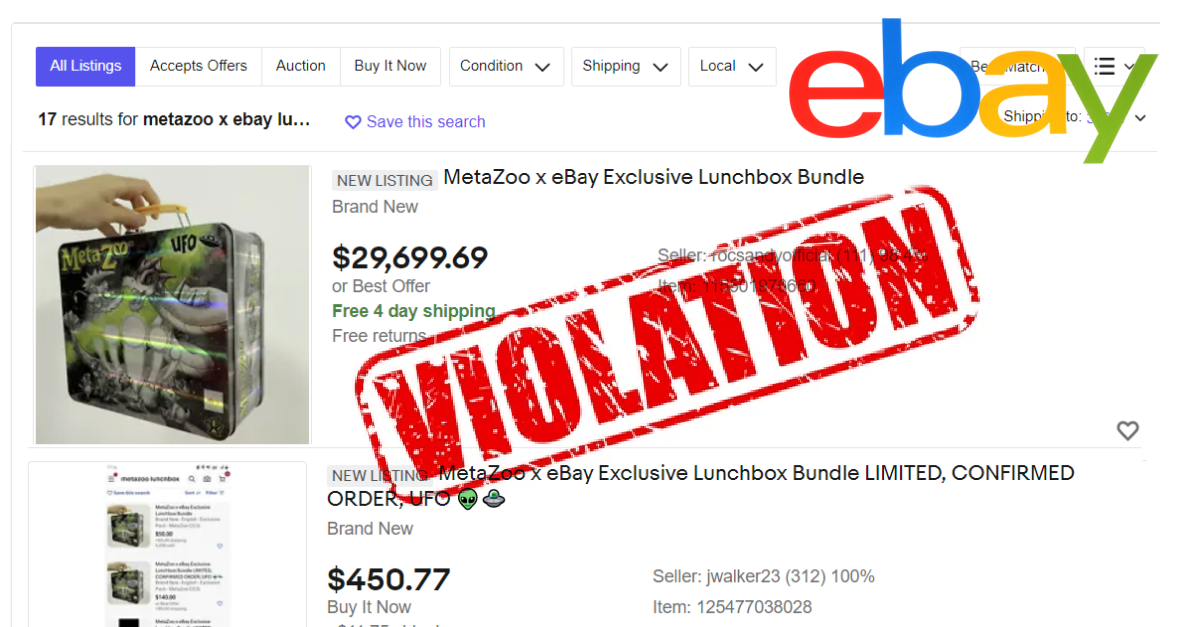
And as eBay continues to make acquisitions to bring their authentication programs, the eBay Vault, and other initiatives in house, they are increasingly blurring the lines from being "just a venue" to being directly involved in many transactions, with the power to shift those transactions in ways that benefit the marketplace the most.
These are just a few of the many examples that could be given to illustrate how the key principles at the core of ROCC's stated mission impact sellers of all sizes across all major ecommerce marketplaces.
While I'm excited to see attention being brought to these issues, I sincerely hope the Responsible Online Commerce Coalition is truly dedicated to ensuring fair play in online commerce across the board, advocating on behalf of all ecommerce businesses, not just an anti-Amazon lobbying group.




















